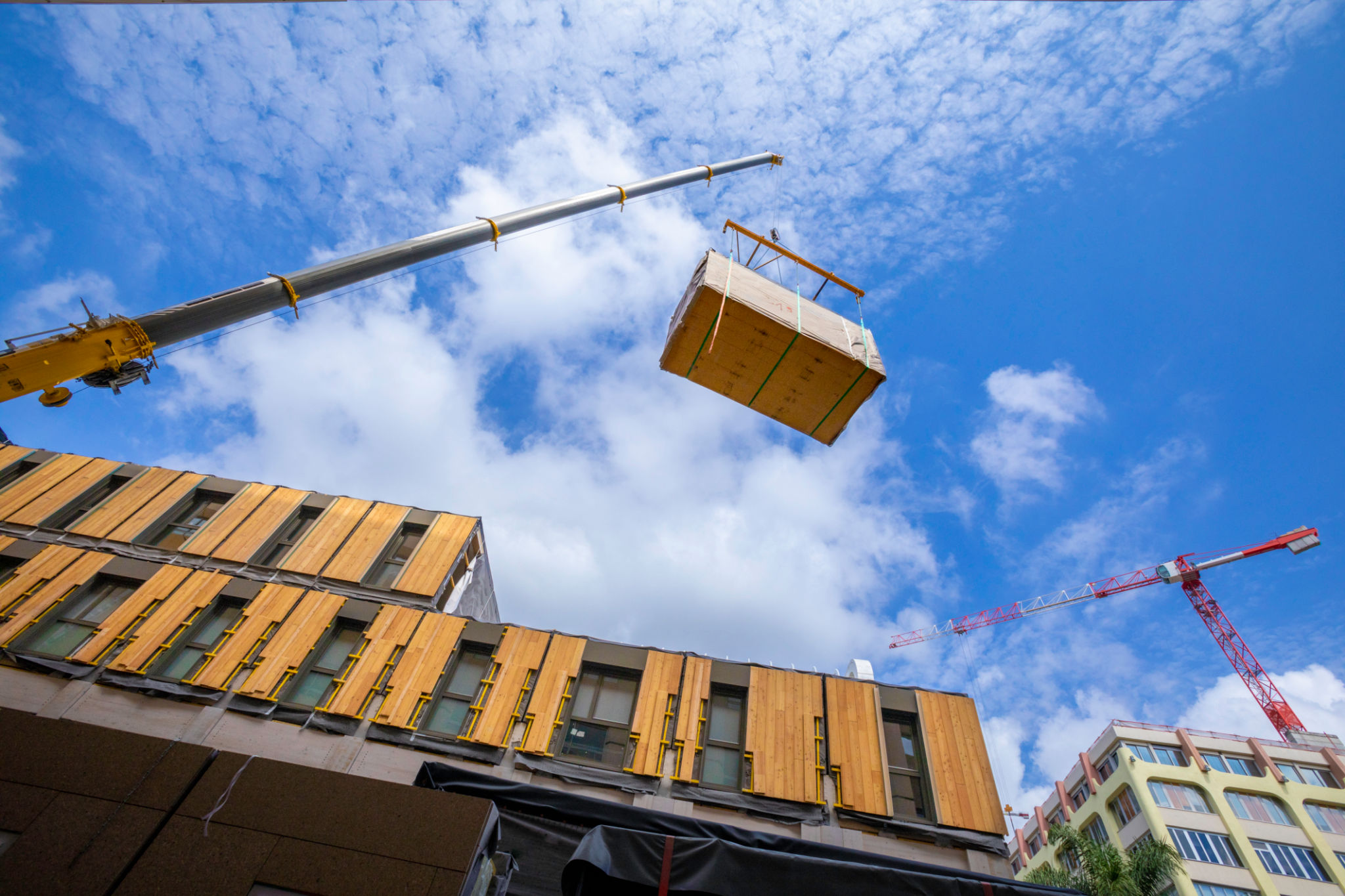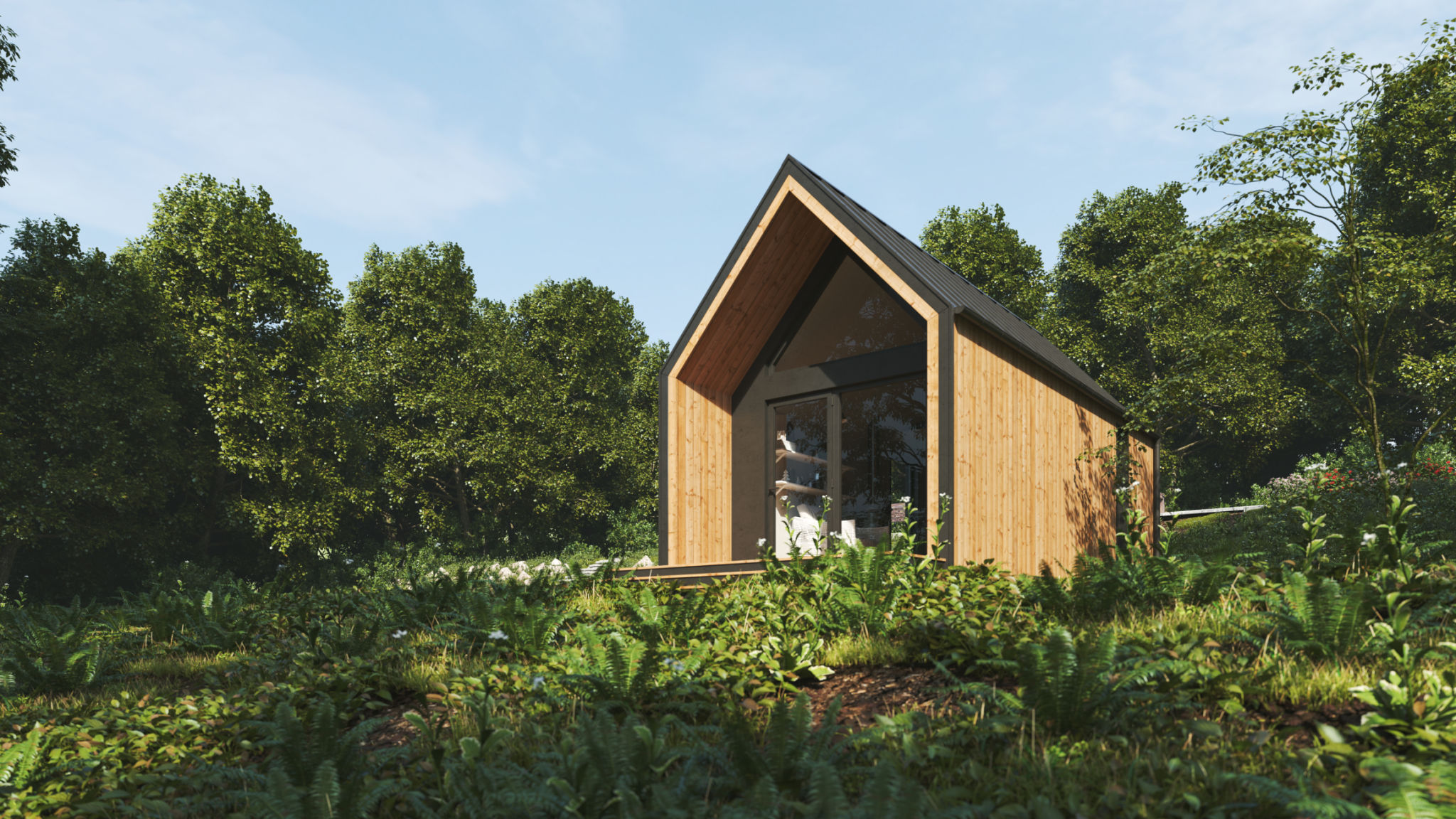The Role of Sustainability in Real Estate Development: Trends and Insights
The Growing Importance of Sustainability in Real Estate
In recent years, the real estate industry has witnessed a significant shift towards sustainability. This transformation is driven by increasing awareness of environmental issues, regulatory demands, and a growing consumer preference for eco-friendly living spaces. As developers and investors strive to meet these evolving expectations, sustainability has become a central theme in real estate development.
The concept of sustainable development in real estate encompasses various practices aimed at reducing environmental impact while enhancing the quality of life for occupants. These practices range from energy-efficient building designs to the integration of renewable energy sources and sustainable materials. The goal is to create buildings that are not only environmentally friendly but also economically viable over the long term.

Key Trends in Sustainable Real Estate Development
Energy Efficiency and Green Building Certifications
One of the most notable trends in sustainable real estate is the emphasis on energy efficiency. Developers are increasingly focusing on designing buildings that minimize energy consumption through advanced insulation, smart lighting, and high-performance HVAC systems. Achieving green building certifications like LEED (Leadership in Energy and Environmental Design) or BREEAM (Building Research Establishment Environmental Assessment Method) has become a priority for many real estate projects.
Integration of Renewable Energy
The integration of renewable energy sources, such as solar panels and wind turbines, is another significant trend. These technologies not only reduce carbon footprints but also offer long-term cost savings for property owners. Real estate developers are exploring innovative ways to incorporate these systems into their projects, making renewable energy a standard feature in new developments.

Insights into Sustainable Design Practices
Use of Sustainable Materials
Sustainable materials play a crucial role in eco-friendly construction. Developers are opting for materials that have a lower environmental impact, such as reclaimed wood, recycled steel, and low-VOC (volatile organic compound) paints. These materials not only contribute to healthier indoor environments but also support the circular economy by reducing waste.
Water Conservation and Management
Water conservation is a critical aspect of sustainable real estate development. Innovative water management systems, such as rainwater harvesting and greywater recycling, are becoming common features in sustainable buildings. These systems help reduce water usage and promote efficient resource management, which is particularly important in regions facing water scarcity.

The Economic Benefits of Sustainable Real Estate
While the initial investment in sustainable real estate development may be higher, the long-term economic benefits are substantial. Energy-efficient buildings tend to have lower operating costs due to reduced energy consumption. Additionally, properties with sustainable features often command higher market values and attract environmentally conscious tenants willing to pay a premium for green living spaces.
The demand for sustainable real estate is expected to grow as awareness of environmental issues continues to rise. This trend presents an opportunity for developers to differentiate themselves in the market by offering innovative and eco-friendly solutions that meet the needs of modern consumers.
Conclusion: The Future of Sustainable Development
Sustainability is no longer just a buzzword in real estate; it is a fundamental component of modern development strategies. As developers embrace sustainable practices, they contribute to a healthier planet while also reaping financial rewards. The future of real estate will undoubtedly be shaped by the ongoing commitment to sustainability, driving innovation and creating resilient communities worldwide.

